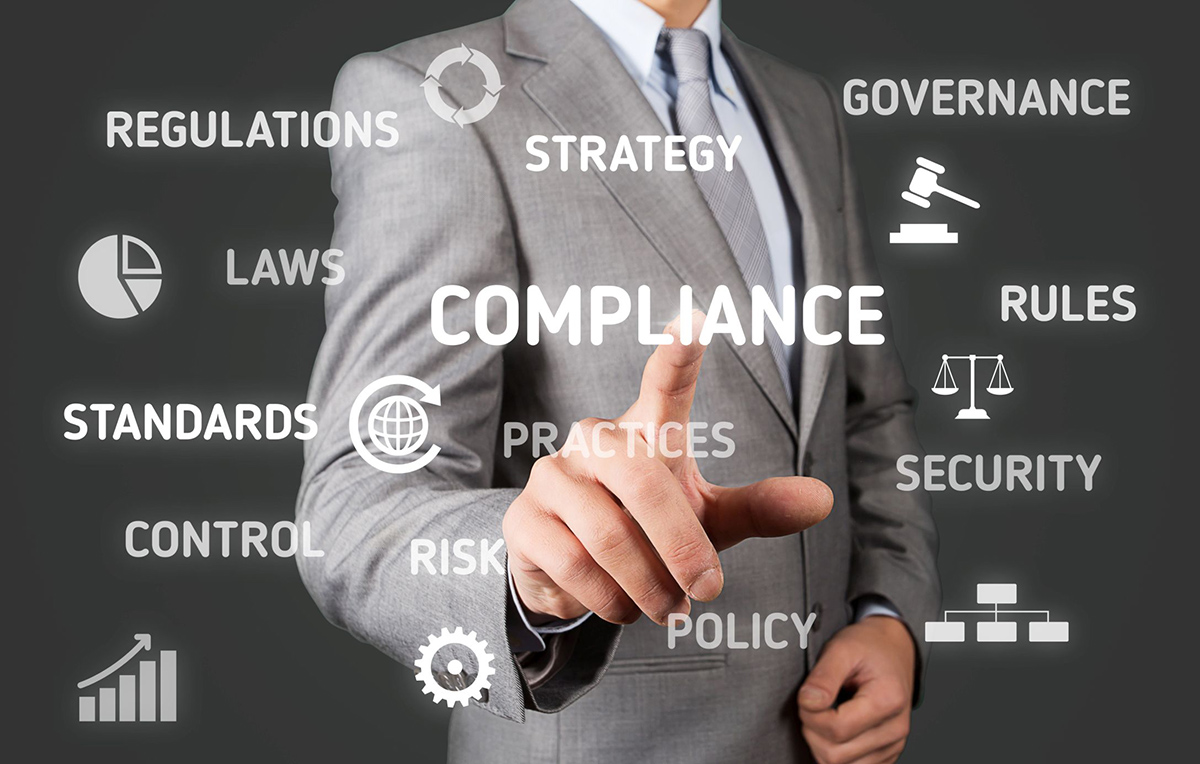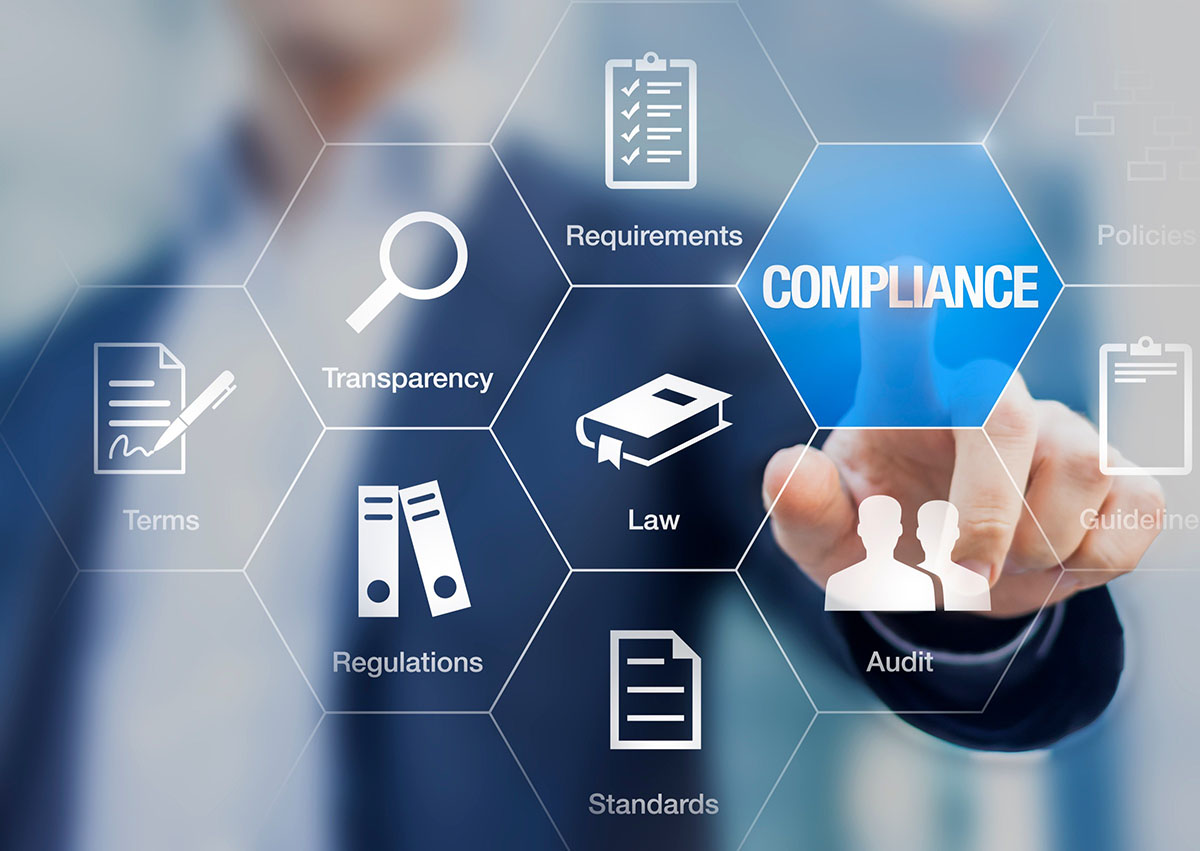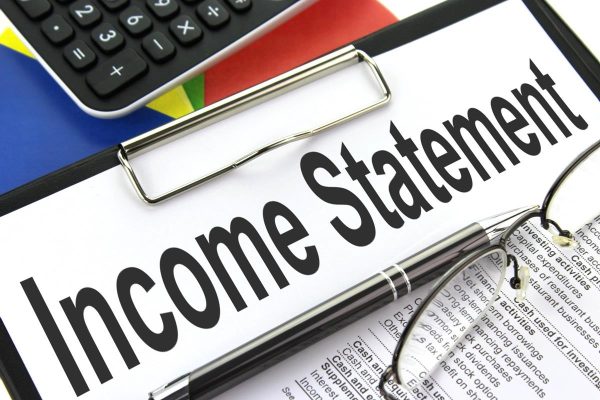Home>Finance>Compliance Department: Definition, Role, And Duties


Finance
Compliance Department: Definition, Role, And Duties
Published: October 31, 2023
Discover the important role and duties of a compliance department in the field of finance. Gain a clear definition and understanding of this vital component in maintaining regulatory compliance.
(Many of the links in this article redirect to a specific reviewed product. Your purchase of these products through affiliate links helps to generate commission for LiveWell, at no extra cost. Learn more)
Understanding the Compliance Department: Definition, Role, and Duties
When it comes to financial institutions and businesses operating in highly regulated industries, compliance is a crucial aspect to consider. And at the heart of any effective compliance framework lies the Compliance Department. So, what is the Compliance Department, and what role does it play in organizations? In this blog post, we will delve into the definition, role, and duties of the Compliance Department, shedding light on its importance in ensuring adherence to regulatory requirements and mitigating risks.
Key Takeaways:
- The Compliance Department is responsible for ensuring that an organization complies with applicable laws, regulations, and internal policies.
- Its duties include developing and implementing compliance programs, conducting risk assessments, monitoring regulatory changes, and providing training and guidance to employees.
Definition: What is the Compliance Department?
The Compliance Department, often referred to as the regulatory compliance unit, is an integral part of an organization that is specifically tasked with ensuring and promoting adherence to legal and regulatory requirements. This department acts as a watchdog, safeguarding the organization’s reputation and securing its operations by minimizing legal and financial risks.
Role and Duties of the Compliance Department
The Compliance Department plays a vital role in maintaining the ethical standards, integrity, and transparency of an organization’s operations. Its primary duties revolve around preventing and detecting non-compliance with laws, regulations, and internal policies. Here are some of the key responsibilities of the Compliance Department:
- Compliance Program Development: The Compliance Department is responsible for creating and implementing a comprehensive compliance program tailored to the specific regulatory requirements of the industry in which the organization operates. This program outlines the policies, processes, and controls to be followed to ensure compliance and mitigate risks effectively.
- Risk Assessments: Conducting regular risk assessments is a crucial aspect of a Compliance Department’s duties. By assessing the potential risks faced by the organization, it can identify areas of vulnerability and take appropriate measures to minimize those risks. This includes evaluating internal controls, technological infrastructure, and external factors that could impact compliance.
- Monitoring and Reporting: The Compliance Department continuously monitors and evaluates the organization’s adherence to regulatory requirements. This involves reviewing operational processes, documentation, and systems to ensure compliance. Additionally, the department produces regular reports, providing updates on the organization’s compliance status and highlighting areas that may require improvement.
- Training and Guidance: To ensure that all employees understand and comply with applicable regulations, the Compliance Department provides training sessions, workshops, and guidance materials. These activities are tailored to equip employees with the necessary knowledge and skills to comply with regulations and make ethical business decisions.
- Staying Up-to-date with Regulatory Changes: Regulatory requirements are subject to constant change. The Compliance Department keeps a close eye on legislative and regulatory updates and assesses their potential impact on the organization. This proactive approach enables the department to adjust compliance strategies accordingly, ensuring ongoing adherence to new obligations and mitigating emerging risks.
The Compliance Department functions as an advocate for compliance within the organization. Its collaboration with various departments, such as Legal, Risk Management, and Internal Audit, ensures a comprehensive approach to compliance. By promoting a culture of compliance, the Compliance Department helps establish trust with stakeholders, enhances the organization’s reputation, and contributes to its long-term success.
Conclusion
The Compliance Department plays a critical role in protecting organizations from legal and regulatory pitfalls. By understanding and adhering to applicable laws, regulations, and internal policies, organizations can not only mitigate risks but also build a reputation of trustworthiness in the eyes of their stakeholders. Whether it is developing compliance programs, conducting risk assessments, or providing training and guidance, the Compliance Department serves as a guardian of legality and ethics within an organization.
Key Takeaways:
- The Compliance Department is responsible for ensuring that an organization complies with applicable laws, regulations, and internal policies.
- Its duties include developing and implementing compliance programs, conducting risk assessments, monitoring regulatory changes, and providing training and guidance to employees.














